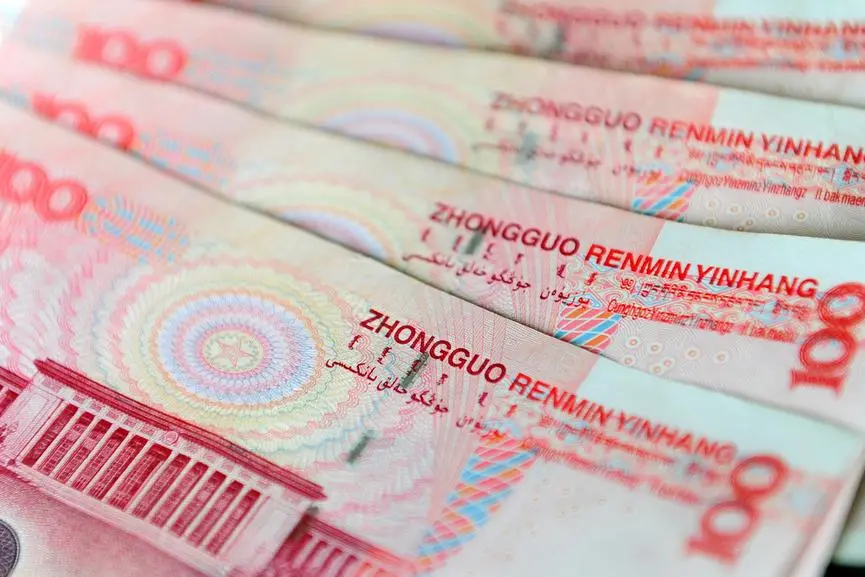PHOTO
China's finance minister will hold a briefing this weekend focused on fiscal policy, authorities said Wednesday, as investors seek further action after a recent slew of measures aimed at reversing an economic slump.
The news comes after traders on the mainland and in Hong Kong were left disappointed by a news conference Tuesday in which officials failed to unveil any new stimulus and provided scant detail on its plans for implementing the raft measures already flagged.
Lan Fo'an will use Saturday's news conference to outline "countercyclical adjustment of fiscal policy to promote high-quality economic development", Beijing announced.
The world's second-largest economy has struggled to regain its footing since the lifting of pandemic measures at the end of 2022.
Economists say more direct state support is needed to boost flagging consumption and achieve the government's official national growth target of about five percent for this year.
Beijing last month announced over several days its most aggressive stimulus in years, including key interest rate cuts and the easing of restrictions on homebuying.
An anticipated event Tuesday led by the head of China's National Development and Reform Commission dashed investor hopes for more measures, with Commission head Zheng Shanjie saying only that the government was "fully confident" of hitting its growth target.
"It is likely that they first want to see what the effect is of the previous stimulus before adding new stimulus measures," Teeuwe Mevissen, senior China economist at Rabobank, told AFP.
"It is well known that (President Xi Jinping) is not a big fan of generous social security and/or fiscal stimulus to increase private demand," he said.
"So if fiscal stimulus for the demand side of the economy is not strictly necessary then they will likely refrain from it."





















